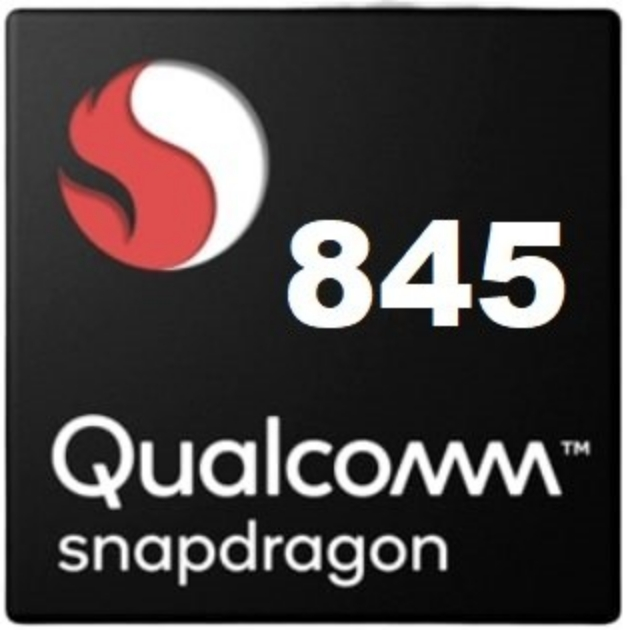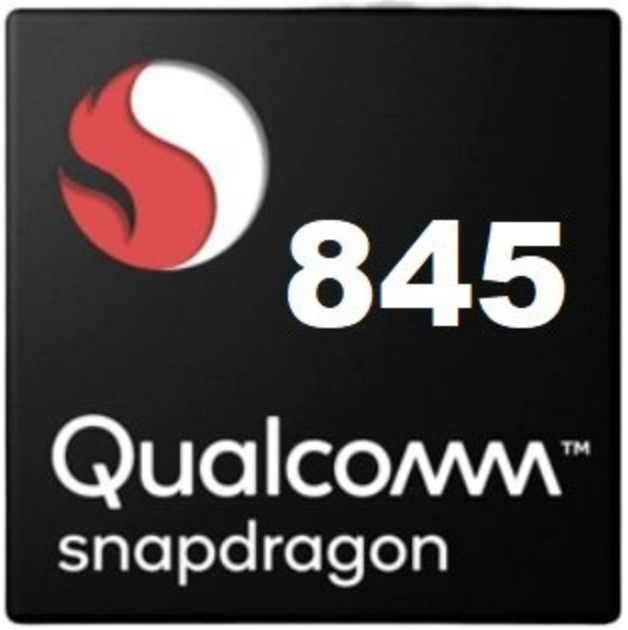

According to my recent test, the premium was 4.7 percent compared to spot rates, hence their pricing is not competitive and Bitrefill remains without a serious contestant. There you’d only pay the ~0.5% fee for going through an instant exchange in order to have your XMR arrive as BTC.
EDIT: Now, a day later, I did another test and got percentages from 1.8 - 2.0 % which is much more reasonable.
Hint: To quickly get the hidden fees of any purchase, execute units like this: ./units.sh '<xmr-cost-at-checkout> XMR' '<EUR|USD|...>' or ./units.sh '<xmr-cost-at-checkout> XMR / <value-in-fiat> <EUR|USD|...>' '%' for the total percentage asked.





It does make sense that the tables are for Monero-exclusive applications. Loaded GUI’s lead to user confusion and thus errors.
Think absolute beginner: “I installed that secure app you recommended and bought <thatothercoin> and happily transacted and now you say that wasn’t secure?!”